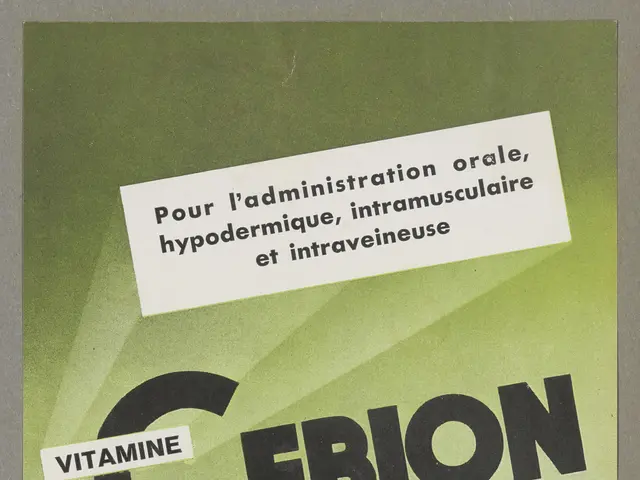Understanding Dissociative Disorders: A Look at Common Types, Causes, Symptoms, and Treatment Approaches
Revealing the Hidden Details About Dissociative Conditions
Dissociative disorders are mental health conditions characterized by disruptions or detachments in consciousness, identity, memory, or perception, often linked to severe trauma. In this article, we delve into the common types, causes, symptoms, psychological effects, and treatment approaches of these complex conditions.
Common Types of Dissociative Disorders
According to the Diagnostic and Statistical Manual of Mental Disorders (DSM-5), the main types of dissociative disorders include Dissociative Identity Disorder (DID), Dissociative Amnesia, Depersonalization-Derealization Disorder (DPDR), Dissociative Fugue, Other Specified Dissociative Disorder, and Unspecified Dissociative Disorder.
Causes
Severe trauma, especially during formative years, is the predominant cause of dissociative disorders. Common traumas include physical, emotional, or sexual abuse and neglect in childhood. The mind uses dissociation as a survival mechanism to compartmentalize unbearable pain or stress, which over time disrupts memory, identity, and emotional regulation.
Symptoms
Symptoms can vary but often include memory loss related to personal information, events, or extended time periods, feelings of detachment from thoughts, feelings, or body sensations, experiences of time loss or blackouts, sudden mood swings, feeling like an outside observer of one’s own life, difficulty maintaining relationships or responsibilities, emotional numbness, and feeling disconnected from others.
Psychological Effects
Dissociative disorders can cause significant emotional distress and impairment in social, occupational, and personal functioning. They often coexist with anxiety, depression, and PTSD, compounding the psychological burden. Chronic dissociation can lead to fragmentation of identity, feelings of vulnerability, distrust, and difficulty in emotional regulation.
Treatment Approaches
Effective treatment generally involves trauma-informed therapy, with a focus on safety, stabilization, and gradual integration of dissociated parts of the self. Common therapeutic approaches include psychotherapy (talk therapy) such as cognitive-behavioral therapy (CBT), dialectical behavior therapy (DBT), and specifically trauma-focused modalities. Eye Movement Desensitization and Reprocessing (EMDR) may also be used, especially for trauma-related symptoms.
In DID, therapy may involve helping the patient achieve cooperation and communication between identities or personality states. Treatment also addresses co-occurring conditions like anxiety, depression, or PTSD. Medication may be used to manage associated symptoms, but there are no medications specifically approved for dissociative disorders themselves. A supportive therapeutic relationship and compassionate understanding of dissociation as a protective mechanism are essential.
In summary, dissociative disorders are complex, trauma-related conditions with diverse manifestations. Understanding the underlying trauma and using trauma-informed, empathetic treatment approaches are key to improving outcomes. Seeking timely help from mental health professionals is essential for understanding and managing the impact of dissociative disorders on one's life. Creating a supportive environment, such as support groups or family therapy, is crucial for individuals with dissociative disorders.
- To manage the emotional burden associated with dissociative disorders, it's crucial to address co-existing conditions like anxiety and depression, which can be targeted through psychological interventions such as cognitive-behavioral therapy (CBT) and dialectical behavior therapy (DBT).
- The fragmentation of identity and difficulty in emotional regulation that often occurs in dissociative disorders can be addressed through therapy that focuses on cooperation and communication between identities or personality states, especially in cases of Dissociative Identity Disorder (DID).
- Science and health-and-wellness fields have shown that by understanding the underlying trauma and using trauma-informed, empathetic treatment approaches, outcomes for individuals with dissociative disorders can be significantly improved.
- Supporting individuals with dissociative disorders involves creating a safe and compassionate environment, such as through support groups or family therapy, and fostering understanding of dissociation as a protective mechanism for mental well-being.




